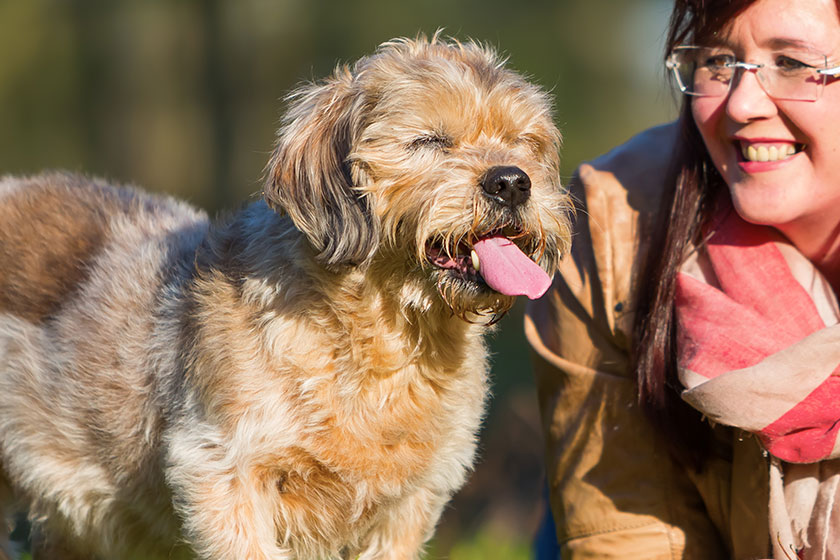Growing older may be isolating. However, there is one source of comfort and companionship for elders that helps them in a variety of ways: pets. Animals can aid in the reduction of stress, reduction of blood pressure, increased social contact, and the enhancement of physical exercise. Pets can also significantly reduce depressive symptoms and feelings of loneliness. However, there are some considerations to keep in mind for bringing a pet into assisted living.
Are the Elderly Set in Their Ways?
If your loved one hates changes, they might not be a suitable fit for adopting an animal because it generally disrupts a person’s entire daily routine.
Have They Had a Pet Before?
It’s ideal if the older person is a seasoned pet owner. First-time owners, on the other hand, may become excellent owners if they are open to a new and gratifying responsibility.
Is There Any Kind of Disability or Functional Constraint with the Elderly?
Dogs may be excellent friends that motivate the elderly to exercise, but they can also be difficult for those with restricted mobility. Lower-maintenance animals such as cats and birds may be preferred if bringing a dog outdoors and walking it is too difficult.
Would an Emotional Support Animal Be Advantageous?
If a person is severely disabled or incapacitated, they may be a good candidate for a properly trained therapy dog to assist them at home and on trips.
What Age Pet Would Be Best?
Because of the extensive care and training that puppies and kittens require, they may not be suitable for senior owners. Young pets, on the other hand, may outlast their owners. It’s vital to remember that certain creatures, such as birds, live exceptionally long lives. A senior pet, on the other hand, may have physical restrictions and ailments, but they are typically already well-trained.
What Would Be a Good Fit for the Elder?
It’s crucial to learn about the peculiarities of different breeds and engage with potential adoptees to get a sense of their activity levels and personalities.
Is the Pet Healthy?
Any pet should be evaluated by a professional before being adopted. Because some dogs transmit infections, you don’t want to put an older person’s immune system at risk. The elderly may find it challenging to deal with unwell pets, both emotionally and financially.
How Many?
While having many dogs might keep you company, it may not be the best decision for an elderly person. Two pets may form a stronger attachment with each other than with their owner, making them difficult to handle.
Are Finances an Issue?
Pets need a substantial long-term financial investment. Before bringing any animal into an elder’s house, make sure to thoroughly evaluate the person’s present finances.
Is There a Plan B?
It’s unpleasant to consider, but pet owners must also prepare for unforeseen circumstances. What would happen to an elder’s animal(s) if he or she has to go to the hospital or a rehabilitation facility? Because our senior years may be unpredictable, it’s critical to have a plan B in place before unexpected events occur. Without one, cherished pets may have to return to a shelter.







